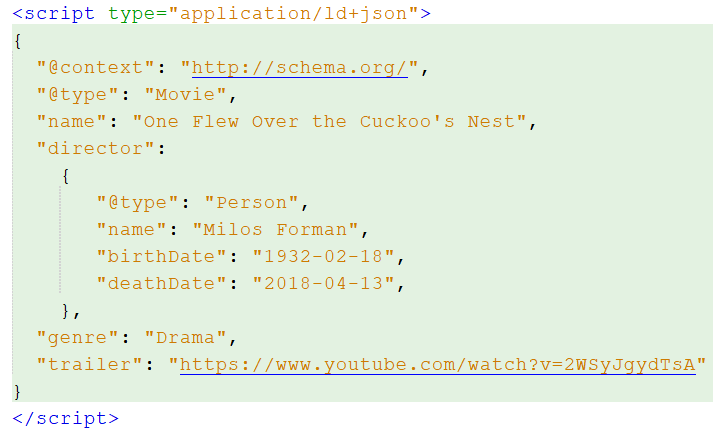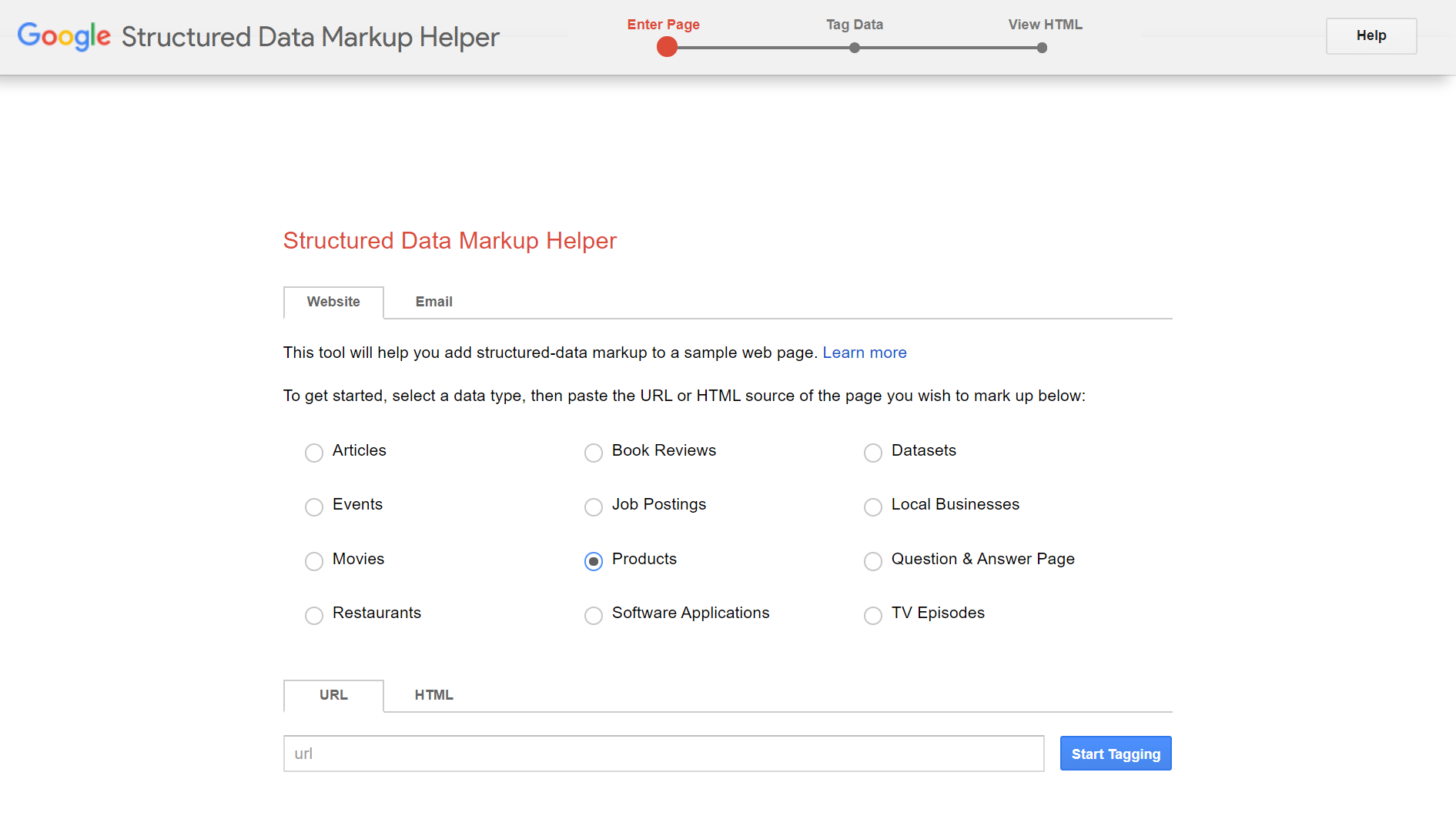
Exhibit 26.11 Rich snippets in SERP.
Schema.org (aka Schema)
is a collaborative effort initiated by Google, Microsoft and Yahoo! to develop and support a
vocabulary of tags webmasters can add to their webpages (or html-formatted emails) to improve the
way search engines (and email services) read and display content.
Improvements can be seen in the snippets describing the webpages in the
search result pages (SERP). For the
pages that use Schema, the so-called rich snippets provide additional information that help users
gauge the relevance of the website.
For example, a property search listing may show floor area, selling price, and
other relevant facets about the property. Similarly, the search result for a cake recipe may show
the average preparation time, in addition to rating and votes, as can be seen in Exhibit 26.11.
JSON-LD, microdata and RDFa are the most frequently used ways to mark up a webpage with Schema
vocabulary. Though all three standards are widely supported, preference has varied over the years.
Google currently recommends JSON-LD for all data types except breadcrumbs.
This is probably because the format makes it easier to markup structured
data, especially if it is generated programmatically from tools that support JSON.
Whereas microdata and RDFa embed the tags in the HTML of the webpages, JSON-LD forms a block of
code in the webpage separate from the presentation layer. (Google recommends adding the code to
the head section).

Exhibit 26.12 Information about a movie marked up using microdata.

Exhibit 26.13 Information about a movie marked up using JSON-LD.
Exhibit 26.12 depicts how information about a movie and its
director is marked up using microdata. The attribute itemtype along with the schema URL mark the data
as “movie”, and attribute itemscope defines the scope. The itemprop attribute is used to label
properties. In this example, name, director and genre are the properties of the item, and name, birth
date and death date are the properties of the property director.
Exhibit 26.13 depicts how the same information is marked up using JSON-LD.

Exhibit 26.14 Google’s Structured Data Markup Helper.
The required code may be generated using
Google’s Structured Data Markup Helper
(Exhibit 26.14).